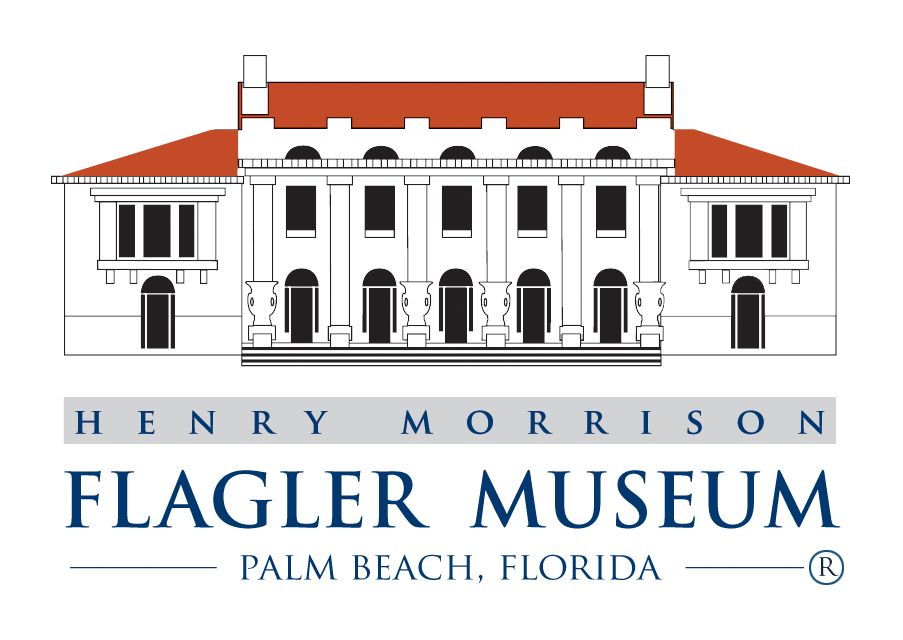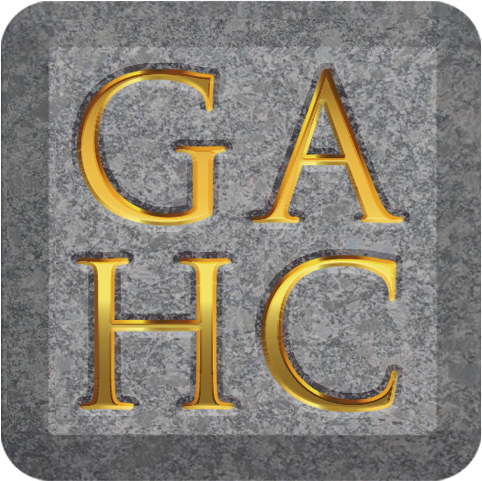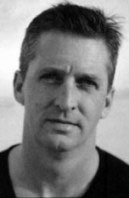 CHRISTOPHER COLUMBUS, by Martin Dugard
CHRISTOPHER COLUMBUS, by Martin Dugard
February 5, 3 p.m.
For Gilded Age America the most heroic explorer in history was Christopher Columbus. Columbus' discovery of the "New World" held such meaning and power in the American psyche at that time that the most ambitious World Fair ever undertaken in this country was dedicated to the 400th anniversary of his discovery of the New World. In fact, the World's Columbian Exposition of 1893 is still considered by many historians the third most important event in American history. Christopher Columbus's discovery is still celebrated annually as a federal holiday in America. Yet, by the 500th anniversary of Columbus' "discovery," some Americans saw the holiday as celebration of conquest and genocide and as a result no great celebration was organized to mark the occasion.
Martin Dugard, author of The Last Voyage of Columbus will discuss why Columbus was an American hero during the Gilded Age and how he was transformed into a villain, in the eyes of some Americans, by the late 20th century. Click here to purchase this book.
 GEORGE WASHINGTON, by Laura Dove & Lisa Guernsey
GEORGE WASHINGTON, by Laura Dove & Lisa Guernsey
February 12, 3 p.m.
For Gilded Age Americans there was no greater hero than George Washington. Commander of the Continental Army during the American War of Independence, first President of the United States, and author of "Rules of Civility & Decent Behaviour in Company and Conversation," by the late 19th century, George Washington had become the ultimate commander, leader, and example for Americans to emulate. His likeness seemed to appear across America, in sculptures, paintings, and everyday objects. In fact, the occasion for the first great social event in Palm Beach, which launched began the tradition of the Palm Beach Season, was the Bal Poudré, a celebration of George Washington's birthday.
Laura Dove and Lisa Guernsey will discuss what they learned while doing graduate work in American Studies at the University of Virginia, where they published an essay they co-authored, titled The Apotheosis of George Washington.
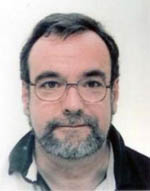 JACK THE RIPPER, by Paul Begg
JACK THE RIPPER, by Paul Begg
February 19, 3 p.m.
More than a century later, Jack the Ripper remains one of the most well known and compelling villains of any age, and certainly the most well known of the Gilded Age. Just who Jack the Ripper was has become the most enduring murder mystery in the world. In the 1880s London's East End was a world of slums, destitution, immorality, and hopelessness. Jack the Ripper's emergence in this world not only represented evil and horror, but everything that was wrong with the East End and society as a whole. Ironically, the Whitechapel murders were the catalyst that brought about much needed changes and reforms.
Paul Begg is one of the world's foremost experts on the Whitechapel murders. Based on the research documented in his book Jack the Ripper: The Definitive History, Paul Begg will discuss the environment of London's East End and the events that gave rise to the most infamous murders of the Gilded Age. Click here to purchase this book.
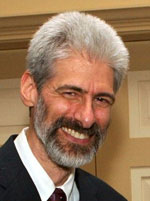 THOMAS EDISON, by Dr. Paul Israel
THOMAS EDISON, by Dr. Paul Israel
February 26, 3 p.m.
With only a few months of formal education Thomas Edison, the "Wizard of Menlo Park" became the greatest inventor of the Gilded Age, creating the model for the modern corporate research laboratory. His numerous inventions, dramatically changed the daily lives of Americans making him a heroic American figure for generations to come.
Paul Israel is the Director of the Thomas A. Edison Papers Project at Rutgers University, where since 1978 a team of scholars has been editing five million pages of documents that chronicle the extraordinary life and achievements of Thomas Alva Edison. Paul Israel's book, Edison: A life of Invention, is the definitive Edison biography. Click here to purchase this book.
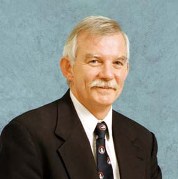 WILLIAM F. "BUFFALO BILL" CODY, by Dr. Paul Fees
WILLIAM F. "BUFFALO BILL" CODY, by Dr. Paul Fees
March 5, 3 p.m.
Hero of more than 1,700 dime novels, Buffalo Bill was arguably the most famous American of the late 19th century and the first real media hero. Even his white horse, Isham, and his trusted rifle, "Lucretia Borgia" were made famous as he entertained everyone from average citizens to royalty during the worldwide tours of his Buffalo Bill's Wild West show. In fact, even today, Buffalo Bill's Wild West remains one of the most popular shows at Euro Disney, in France -- ironically a country known for its antipathy toward Americans.
Dr. Paul Fees, Senior Curator and Curator of History for two decades at the Buffalo Bill Historical Center, will discuss the amazing life of William Cody and how he became America's first real media hero. Click here to purchase this book.
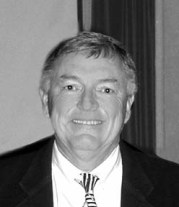 ANDREW CARNEGIE, by Les Standiford
ANDREW CARNEGIE, by Les Standiford
March 12, 3 p.m.
One of millions of immigrants that flooded into America during the 19th century, Andrew Carnegie managed to overcome his poverty to become the wealthiest man of his time. His contribution of 135 million dollars to form the Carnegie Corporation remained the largest private contribution ever made for more than a century. And today, more than a century after it was established, the Carnegie Corporation continues to grant more than 650 million dollars annually to thousands of charitable causes. At a time when very few public libraries existed, Carnegie donated the funds to build more than 2,500 free public libraries worldwide. Upon making a five-million-dollar contribution establishing the Carnegie Hero Fund, Andrew Carnegie noted, "We live in a heroic age." During his lifetime, Andrew Carnegie gave away more than 350 million dollars to charitable causes -- an amount roughly equivalent to seven billion dollars in today's dollars.
But Andrew Carnegie's image as a philanthropist hero has not been universally embraced. Author Les Standiford will discuss Carnegie's complex and varied relationship with his partner Henry Clay Frick and Carnegie's role in the Homestead labor strike of 1892, based on the research he did for his new book Meet You in Hell. Click here to purchase this book.

 CHRISTOPHER COLUMBUS, by Martin Dugard
CHRISTOPHER COLUMBUS, by Martin Dugard GEORGE WASHINGTON, by Laura Dove & Lisa Guernsey
GEORGE WASHINGTON, by Laura Dove & Lisa Guernsey JACK THE RIPPER, by Paul Begg
JACK THE RIPPER, by Paul Begg THOMAS EDISON, by Dr. Paul Israel
THOMAS EDISON, by Dr. Paul Israel WILLIAM F. "BUFFALO BILL" CODY, by Dr. Paul Fees
WILLIAM F. "BUFFALO BILL" CODY, by Dr. Paul Fees ANDREW CARNEGIE, by Les Standiford
ANDREW CARNEGIE, by Les Standiford